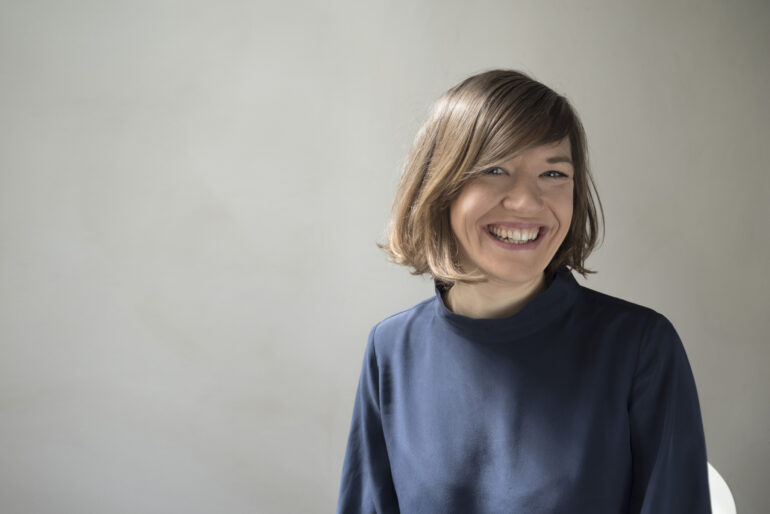Written by: Heidi Herrmann
01.02.24
Johanna Råman, the Executive Director of Helsinki's DocPoint Documentary Film Festival says that in the field of documentary film, people are yearning for a sense of community.
The Executive Director of DocPoint, Helsinki Documentary Film Festival, Johanna Råman, believes there is now a greater need for documentaries than ever before.
"We can see that the audiences are finding their way back to the festival after the pandemic."
“From the perspective of a documentary film festival, people crave community. They need a space where they can watch documentary films and discuss them together.”
DocPoint is set to take place in Helsinki from January 30th to February 4th. Founded in 2001, DocPoint is one of the largest documentary festivals in the Nordic countries.
The programme features roughly 120 features and shorts, which come from over 50 different production countries.
One noteworthy entry is the political thriller Praying for Armageddon, a production of Norwegian UpNorth Films, directed by Tonje Hessen Schei.
The filmmakers embed with US fundamentalist Evangelicals who prepare for the Holy War. Praying for Armageddon is co-produced in Norway, Sweden, Germany and Finland.
The film is part of the Democracy in Distress selection at the DocPoint Festival this year.
“With this topic, we are asking if democracy is in crisis, what it is like living in an undemocratic state, and how free we actually are,” states Johanna Råman.
The opening film of the festival is Neurotypes (Neurotyypit).
"The undisputed star of the documentary film Neurotypes, directed by Maija Hirvonen, is the young protagonist Aida, who not only radiates amazing charisma throughout the film, but also teaches us that we all need the right to be exactly who we are in this world. And it is the duty of the world to accommodate various kinds of brains, not the other way around. We love how the film immerses us into Aida's world and experiences."
What is your perspective on AI in documentary films?
“AI will undoubtedly reshape the world. While it's clear that AI cannot replace human intention and creativity in filmmaking, there are still ethical questions to consider. One thing everyone can agree on is that AI will be part of the future of documentaries in some way or other,” Johanna Råman says.
